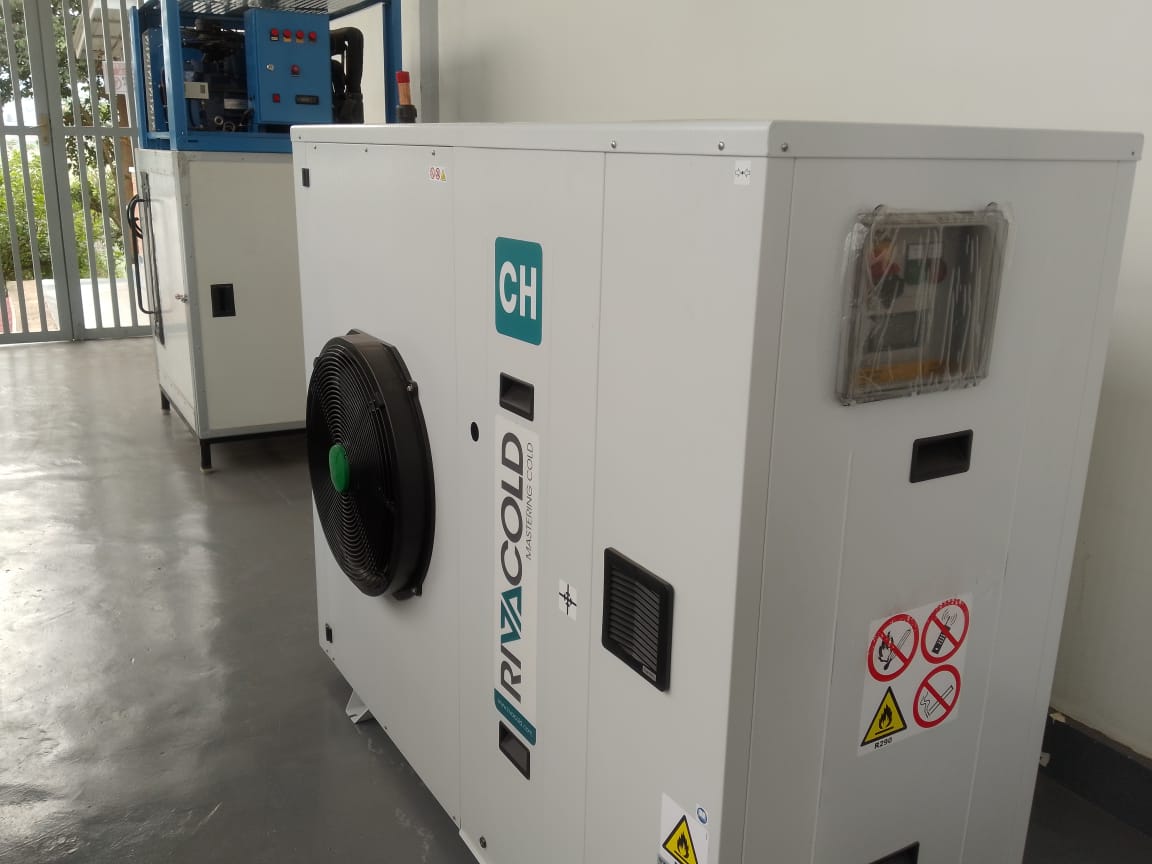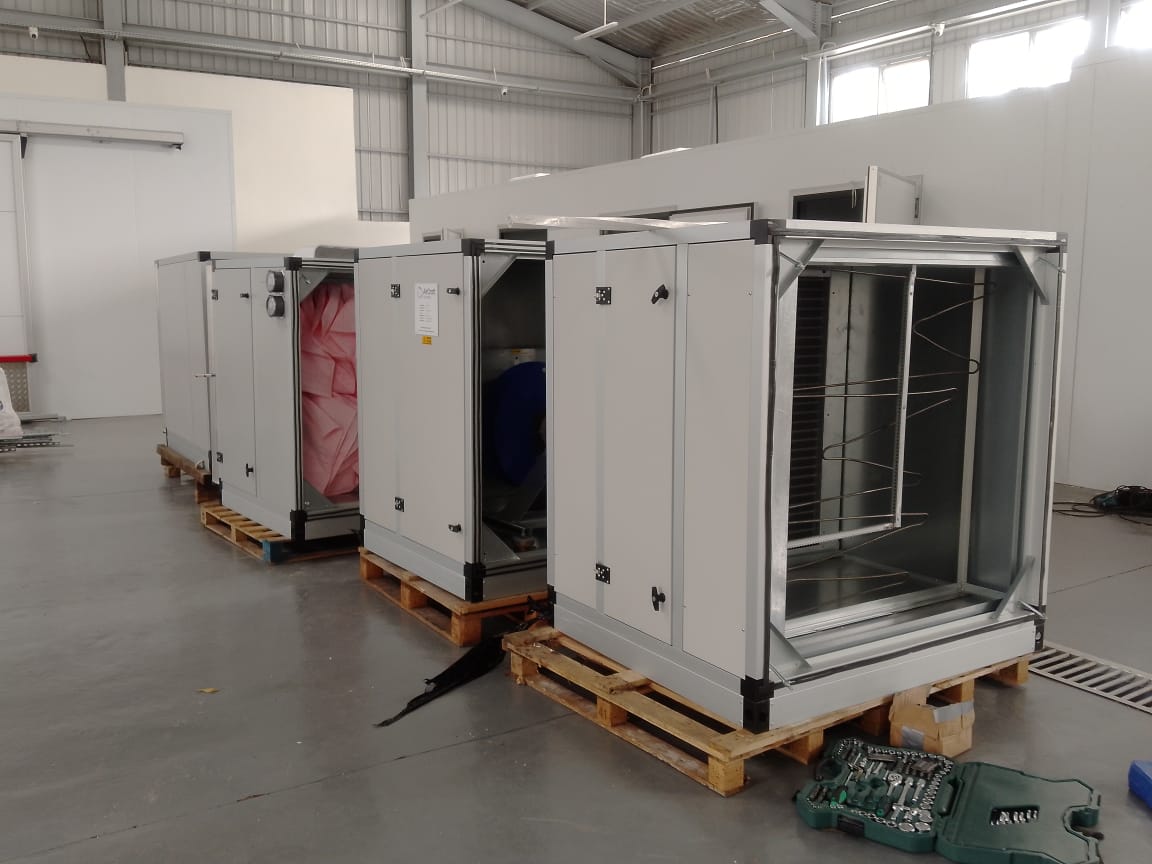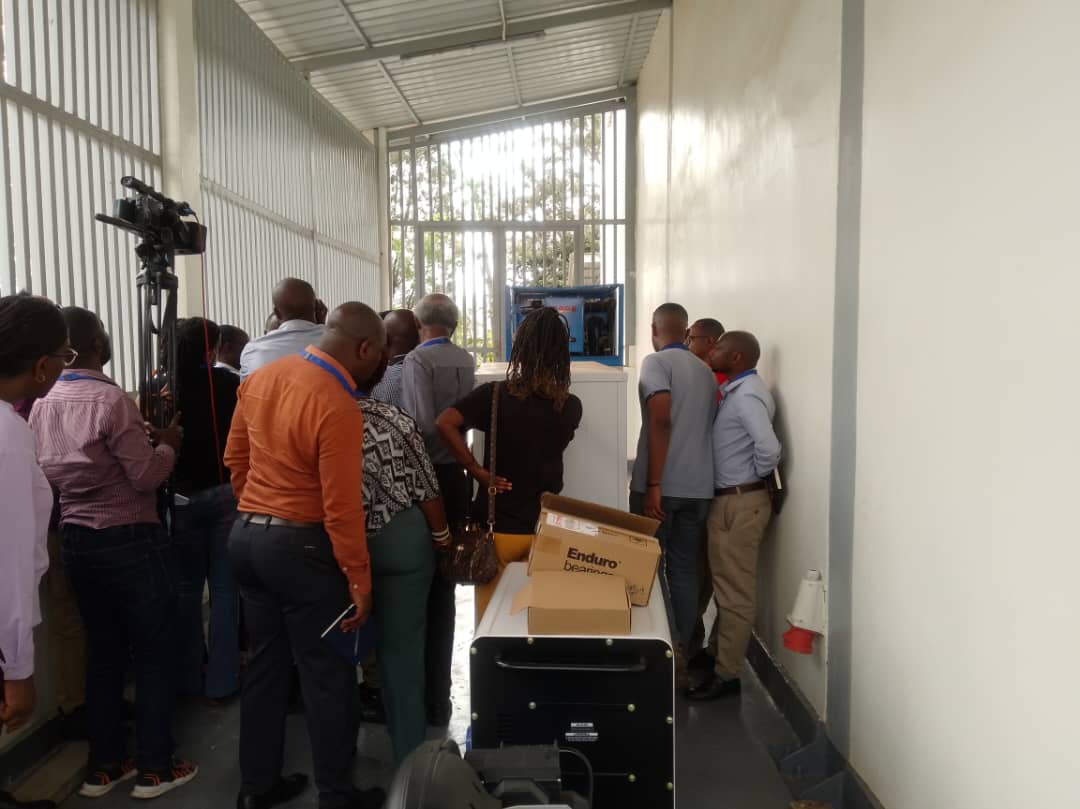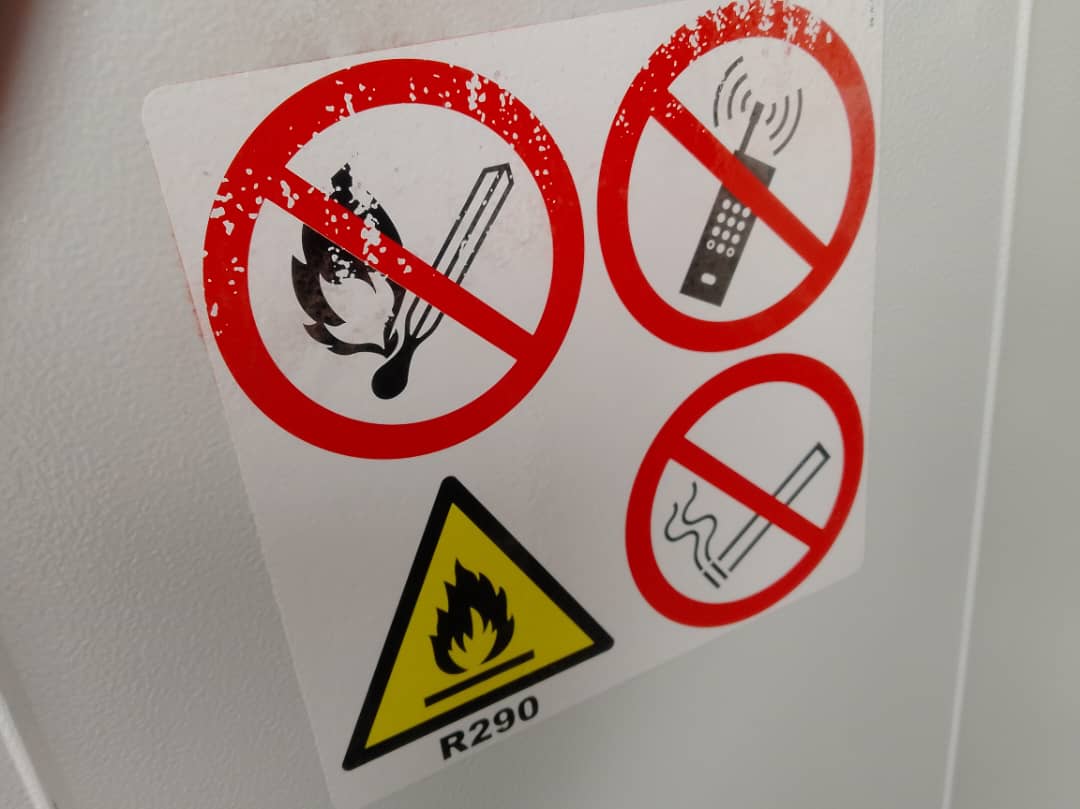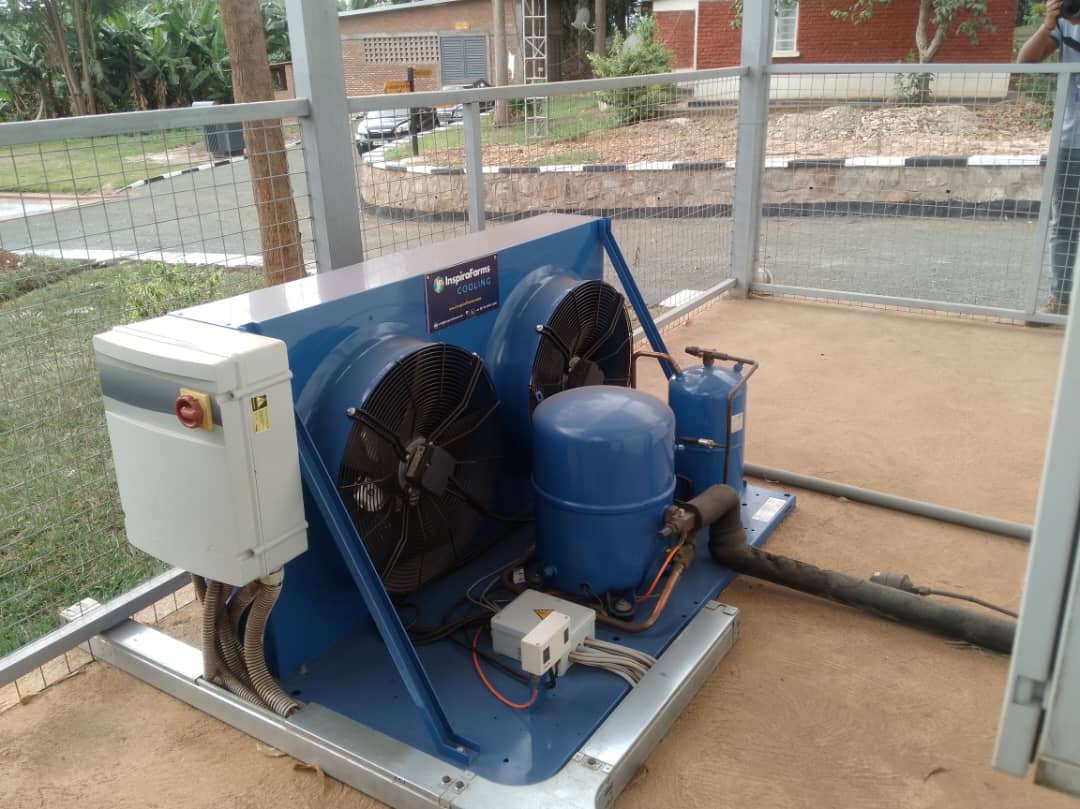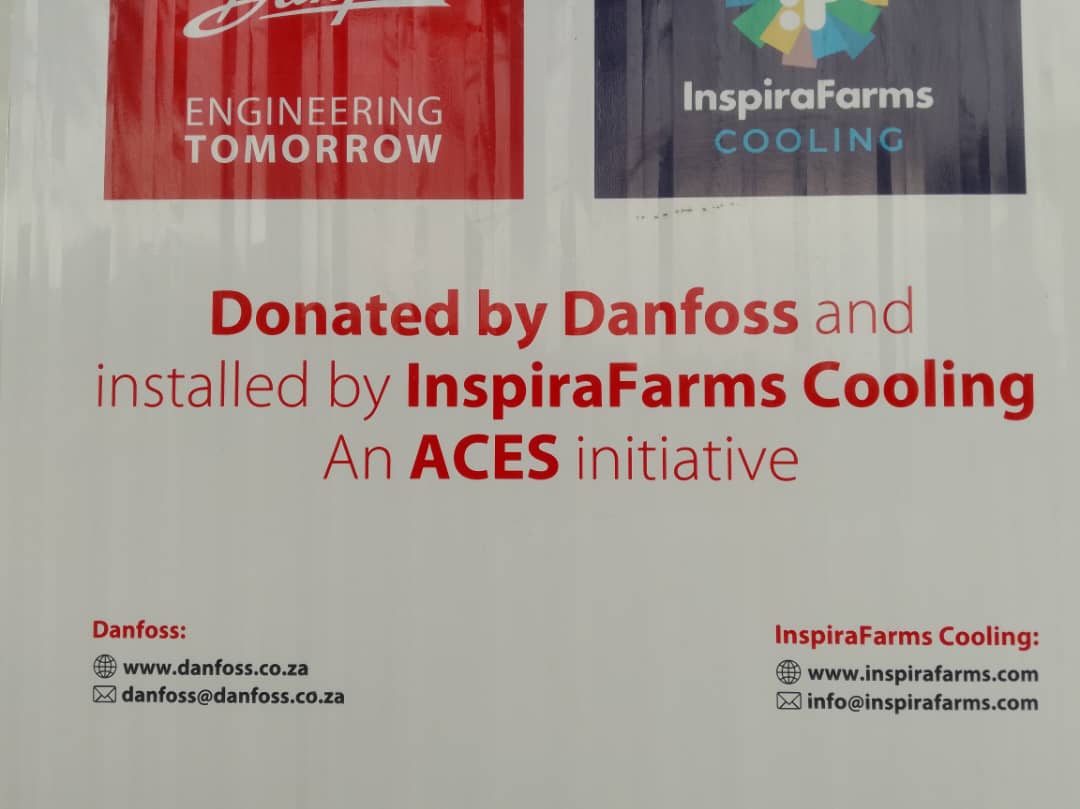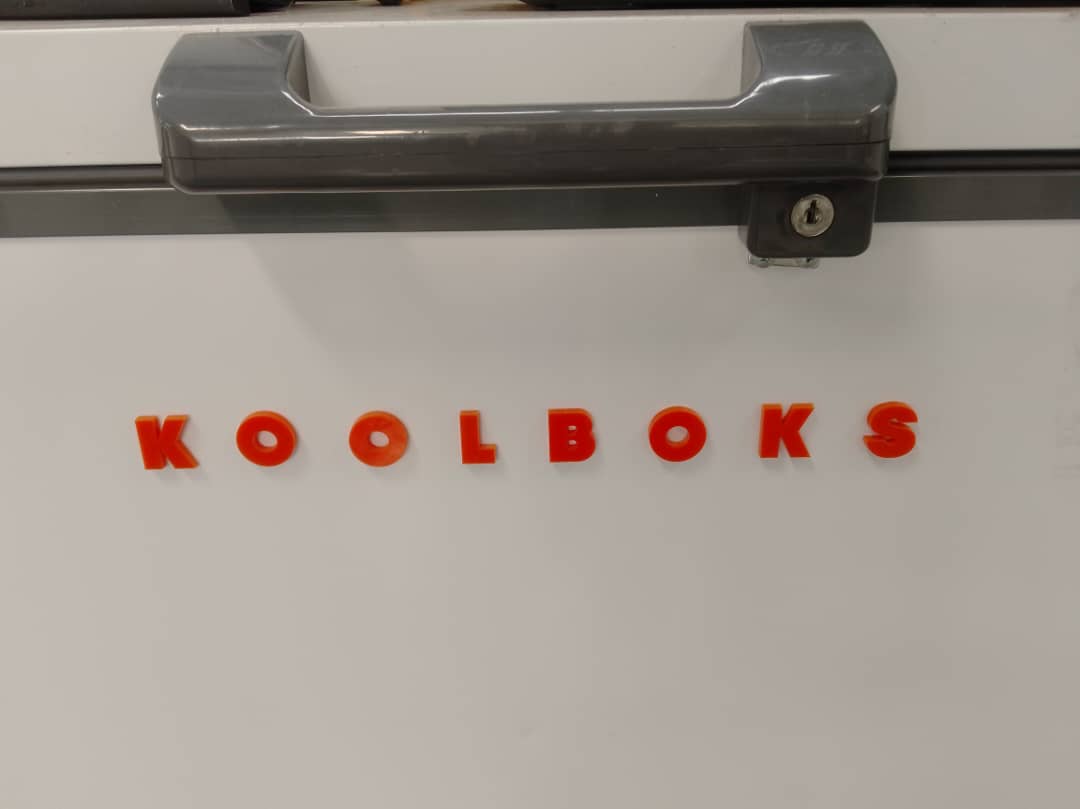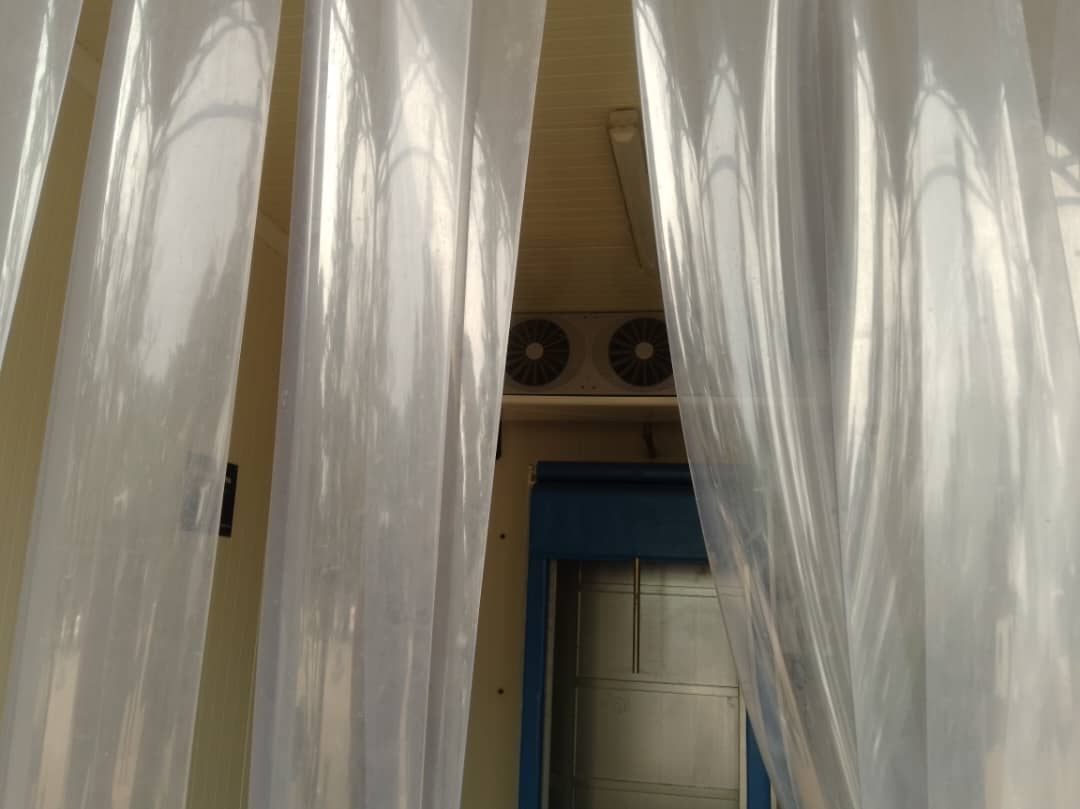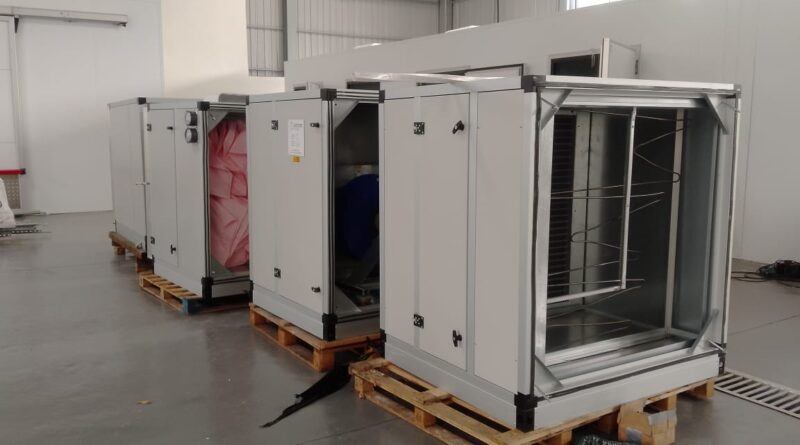ACES to begin testing refrigeration equipment imported into Rwanda to protect the Ozone layer
The Africa Centre of Excellence for Sustainable Cooling and Cold Chain (ACES) has announced plans to establish a system that will enable it to test the quality and environmental safety of refrigeration equipment imported into Rwanda.
The initiative aims to reduce emissions of gases that harm the ozone layer and contribute to global warming.
Research shows that refrigeration equipment such as fridges, cooling pumps, and air conditioners often use hydrofluorocarbon (HFC) gases, which have a high potential for ozone depletion and global warming.
These gases were listed for phase-out under the Montreal Protocol, which was amended in Kigali in 2016, where countries committed to gradually eliminating their use.
Basile Seburikoko, the Technical Director at ACES, said that as part of Rwanda’s efforts to protect the environment, the center is importing advanced testing tools to assess the quality of all cooling equipment entering the country.
“We are bringing in specialized equipment that will help us test the quality of imported cooling devices. Some of these appliances are substandard and may leak gases into the atmosphere at higher levels than expected,” Basile explained.
He added that ACES is also investing in capacity building through training programs for technicians and workers across the cooling and cold chain sectors,particularly in handling new, eco-friendly refrigerant gases.
“In Rwanda, there are still challenges in the use of quality refrigerants. Even though some of the newer gases do not harm the ozone layer, they can still be flammable or hazardous if mishandled.
This is why we are training more technicians so they can safely and efficiently manage these substances,” he said.
Beyond their everyday importance in healthcare, agriculture, and technology, cooling systems are among the major contributors to greenhouse gas emissions, intensifying global warming.
This makes the protection of the ozone layer an international environmental priority.
Impact of cooling equipment on the Ozone Layer
Refrigerant gases such as HFCs, CFCs, and HCFCs react with atmospheric compounds, releasing chlorine and bromine elements that destroy ozone (O₃) molecules, weakening the Earth’s natural UV shield.
When the ozone layer is depleted, more ultraviolet rays reach the Earth’s surface, increasing the risk of skin cancer, cataracts, and damaging plants and aquatic ecosystems.
Measures to address the problem
To combat these challenges, Rwanda has adopted several strategies to ensure responsible management of refrigerant gases, including:
Establishing laws regulating the importation and use of refrigerants;
Training technicians to handle modern, energy-efficient, and ozone-friendly cooling technologies;
Promoting the use of solar-powered cooling systems to reduce reliance on fossil energy;
Supporting research and innovation in sustainable cooling technologies.
Since it began operations five years ago at Rubilizi in Kicukiro District, ACES has significantly raised awareness and technical expertise in refrigeration and cold-chain management across Rwanda.
In addition to its operations in Rwanda, ACES runs projects in Kenya, Senegal, and India, all aimed at advancing environmentally friendly cooling solutions across Africa.
